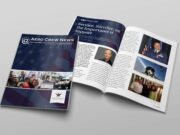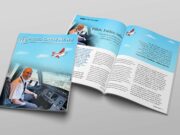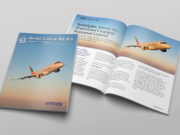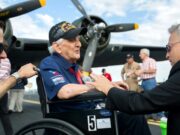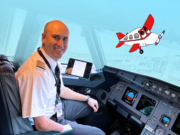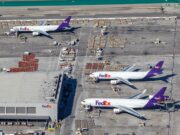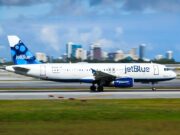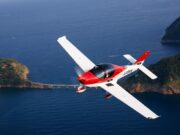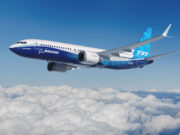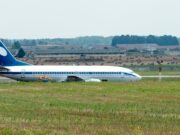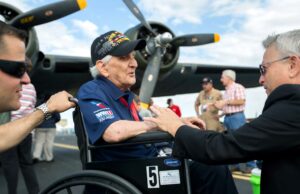
Strategies for the new year
Happy New Year! It’s hard to believe another holiday season has come and gone. When it comes to pilots, aircrew members or even frequent travelers, we may find ourselves eating at odd hours or even skipping meals altogether. In the pursuit of a healthier lifestyle, dietary choices make the differences, even down to the timing of food.
Think about when you eat.
Late-night eating can be an issue for travelers, especially crews working long hours. However, research suggests that consuming empty calories close to bedtime can negatively impact sleep quality and overall health. The body's natural circadian rhythm influences metabolic processes, and late-night eating disrupts this delicate balance and is usually a concern for crews. Late-night snacks high in sugar and carbohydrates can lead to a spike in blood-sugar levels, followed by a crash, disrupting your sleep cycle. Additionally, digestion requires energy, and consuming heavy meals before bedtime can divert energy away from the body's natural repair and recovery processes during sleep.
To optimize health, consider establishing a cut-off time for meals, which allows the body ample time to digest before bedtime. This simple adjustment can contribute to better sleep quality and overall well-being. Sometimes, it is better to have something light to keep those hunger pangs at bay and to get quality rest.
Drink water.
Hydration is the cornerstone of good health. Our bodies are composed of approximately 60% water, and maintaining proper hydration is essential for numerous physiological functions. Dehydration can lead to fatigue, impaired cognitive function, and even digestive issues. Not to mention that a lack of adequate hydration can lead to higher blood pressure, increased resting heart rate and even blood pressure-driven headaches.
Make a conscious effort to drink water throughout the day (at least half your body weight in ounces). Consider carrying a reusable water bottle and setting hourly hydration goals. And remember, it’s probably more important to drink even more when you fly owed to pressurization issues. Start your day with a glass of water to kickstart your metabolism.
Practice mindful eating.
In today's fast-paced airline world (which is even faster given the increase in the number of people traveling), meals are often rushed or consumed on the go. This hurried approach to eating can lead to overeating and poor digestion. Mindful eating encourages a more deliberate and conscious approach to meals, fostering a deeper connection with the food we consume. This can often be a task when you are eating airline-prepared food or quick meals made in the airport. Choose wisely and ensure that if you are eating on the go, your meal is protein heavy. Higher protein foods increase satiation and leave you feeling fuller longer.
Include physical activity.
The benefits of regular physical activity extend beyond weight management. Exercise is a powerful tool for reducing the risk of chronic diseases, improving mood, and enhancing overall well-being. Incorporate a mix of aerobic exercises, strength training, and flexibility exercises into your routine for a comprehensive approach. When you are on the go, working multi-day trips or even in your time off, take the time to exercise.
Find activities that you enjoy, making it more likely that you'll stick to your fitness routine. Whether it's brisk walking, cycling, yoga, or weightlifting, aim for at least 150 minutes of moderate-intensity exercise per week. When it comes to flying and being in the airplane, try to take a moment to go for a short walk during breaks. (Get off the plane!) Or, when you are headed to that long layover, take the stairs, or avoid the moving walkways. [email protected]


